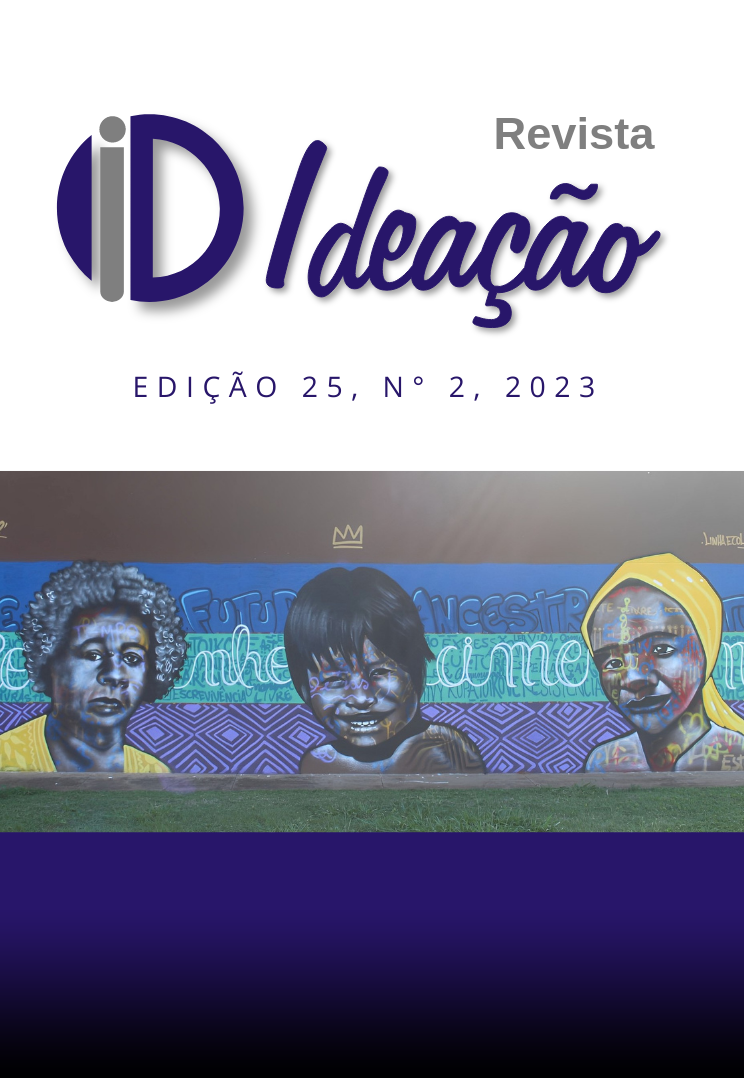Pan-American identities and cooperation through the literary supplement thought of america
DOI:
https://doi.org/10.48075/ri.v25i2.30191Keywords:
Pan –Americanism, New State, Thinking of AmericaAbstract
This study investigates the strategies adopted by the government of Getúlio Vargas, between the years 1942 to 1945, to enable the construction of a national sentiment along with a union in relation to the American republics. Such strategies are expressed in a cultural and political perspective in the Thought of the supplement pages of America, the newspaper The Morning. From the moment in which the national cultures disclosed on pages supplement produced a direction with which the population could be identified, the identities were constructed guided primarily in the ideal pan-Americanism. Therefore, the main object of this reflection is to understand the content published on the Thought of America as an element for construction of different cooperation between Brazil, the United States and other Latin American nations, during the first years of the 1940. The supplement Thinking of America inaugurated a type of publication that while a statement that allowed the New State and its diplomatic relations opened a space to undertake a cultural attraction among the people, to realize that art and literature could approach “spiritually " American nations.
Downloads
Published
How to Cite
Issue
Section
License
Copyright (c) 2023 Direitos partilhados conforme licença CC BY-NC-SA 4.0

This work is licensed under a Creative Commons Attribution-NonCommercial-ShareAlike 4.0 International License.
Authors who publish in this journal agree with the following terms:
1. Authors maintain copyright and grant the journal the right of first publication, with the work simultaneously licensed under the Creative Commons Attribution License that allows the sharing of the work with recognition of authorship and initial publication in this journal.
2. Authors are authorized to assume additional contracts separately, for non-exclusive distribution of the version of the work published in this journal (e.g., to publish in an institutional repository or as a book chapter), with acknowledgment of authorship and initial publication in this journal.
3. Authors are allowed and encouraged to publish and distribute their work online (e.g., in institutional repositories or as a personal page) at any point before or during the editorial process, as this may generate productive changes, as well as increase the impact and citation of the published work (See The Effect of Free Access).
Creative Commons License
This work is licensed under a Creative Commons Attribution-Noncommercial-ShareAlike 4.0 International License, which permits sharing, copying, distributing, displaying, reproducing, the whole or parts provided it has no commercial purpose and the authors and source are cited.


